
Freedom of Choice?
Some governments want to force schools to adopt a curriculum that is heresy according to Torah standards. This trend is rooted in “openness” and “freedom of choice”. How can we protect our children from this toxic exposure?

“Do not drink wine, neither you nor your sons with you, when you go into the Tent of Meeting, so that you shall not die.” (Vayikra 10:9)
These are challenging times. There are certain countries’ governments who want to force our schools to adopt a curriculum that includes subjects and perspectives that are pure heresy. These governments claim that they want to empower our children with freedom of choice.
This is rooted in a trendy, yet extremely misguided view, that children should be able to choose for themselves how they want to live their lives. A teacher – despite their life experiences and wisdom – cannot interfere with a child’s development by forcing them to deny the instinctual desires of their heart even when they defy common sense.
This viewpoint targets children, who really do not yet have the ability to choose for themselves and presents them with all kinds of opinions and ideas from all around the world, so they will have an “open mind” and become “worldly.”
However, that reality has proven otherwise. This approach creates children who are “closed minded.” Instead of clarity, their young and developing minds are filled with confusion and doubts. They become lost, and there can be a terrible and frightening deterioration, until the point that the child grows up and struggles with depression.
Therefore, we must protect our children from these dangerous threats. And it is not coercion. For, even the child wants this. Every Jewish child has a neshama that is constantly yearning to live a Torah lifestyle. The Yetzer Harah is constantly challenging him and trying to persuade him to abandon the Torah and mitzvot. Therefore, we must do everything in our power to help empower the child to overcome these challenges; we must help him defeat his Yetzer Harah.
Chazal taught (Kiddushin 50a) that if someone is obligated to divorce his wife and he refuses to do so, the law is that you need to try and force him until he says, “I want this.” The Rambam explains (Hilchos Gerusin, Chapter 2, Halacha 20) that this is also considered as if he “willing” provided the get. For, deep down, every Jew wants to fulfill Hashem’s Will.
The Thief’s Revenge
The Ben Is Chai, zt”l, teaches (Niflaim Ma’asecha, Siman 154) that a child’s ultimate desire is not to be given freedom of choice. And he uses the following story:
There was a career thief who had successfully committed countless robberies. Eventually, he was caught and sentenced to be hanged. Before the execution, for his last dying wish, the thief asked them to bring his mother so that he may say good-bye. When she arrived, he gave her a hug. Suddenly, the mother let out a frightful scream that could be heard throughout the entire town. And then she fainted. The thief had bitten her ear!
When the judges asked him why he had done that, he boastfully replied: “When I was a little boy, I stole something from a store. When my mother found out, she was not angry with me at all. In fact, she complimented me and said, ‘You are such a clever boy!’ The very next day, I stole something more valuable. Again, when my mother found out she did not discipline me. Rather, she explained that I am free to choose the kind of life I wanted to have. And I continued with that behavior until I became a very successful thief. So, when I saw my mother’s ear, the ear that had heard about everything I was doing wrong and still never rebuked me, I bit it.’
“I am sharing this here and now, in this public forum,” continued the condemned thief, “because I know there are many mothers and fathers amongst the spectators here today. And I want them to know that when you see your children misbehaving, you cannot remain silent! You cannot allow that behavior to go unchallenged.”
The judges saw the impact these words had on the audience, and they decided to pardon this thief and spare him the death penalty.
We All Have Limits
Even today, each country and culture have their own limitations and their own breaking point when their tolerance cannot be tested further. They have certain boundaries.
For example, they would not suggest that a child should be left with murderers and thieves for a few weeks to explore whether that was a lifestyle that they would want to choose for themselves. Or a parent would not give their children an array of drugs to experiment with and then let him decide whether he wants to be a drug addict or not. Parents understand how damaging this exposure can be. Therefore, they try to protect their children.
The same must be true for Jewish parents. We believe that there are certain horrible behaviors that are comparable with murdering and stealing, such as heresy, abomination and other prohibitions set forth in the Torah. Therefore, this is the starting point for educating Jewish children. Just like we want to ensure our children avoid destructive behavior, we equally want them to avoid transgressing the Torah’s commandments.
If a person decides to commit suicide and jump off a building, the authorities will do everything in their power to stop this person from jumping. They do not use the faulty rationalization that a person should be able to do whatever they want with their lives. Rather, they intervene because they know that this is the outcome of depression or other external factors that have driven the person to this point. Eventually, when the person emotionally heals, he would thank those who helped save him.
Similarly, we must do everything in our power to prevent children from committing “spiritual” suicide.
This is alluded to in our pasuk which begins with, “Do not drink wine” – This alludes to the secular world’s ideas and philosophies that include and spark heresy, as the Zohar says (Volume I, page 73a) that the non-Jewish cultures and philosophies are compared to wine since they both confuse the mind.
Then the pasuk continues, “neither you nor your sons with you, when you go into the Tent of Meeting” – Do not drink these confusing ideas with your “sons”, with your children, while in school, the “Tent of Meeting”. Do not introduce these ideas when you are trying to educate righteous and just children who should cling to Torah and mitzvot.
If you are meticulous about this then, “you shall not die” – You will be able to help your children avoid that spiritual death. Then the Torah continues and promises, “[This is] an eternal statute for your generations, to distinguish between holy and profane and between unclean and clean”.
**
The Kalever Rebbe is the seventh Rebbe of the Kaalov Chasidic dynasty, begun by his ancestor who was born to his previously childless parents after receiving a blessing from the Baal Shem Tov zy”a, and later learned under the Maggid of Mezeritch zt”l. The Rebbe has been involved in outreach for more than 30 years and writes weekly emails on understanding current issues through the Torah. Sign up at www.kaalov.org.



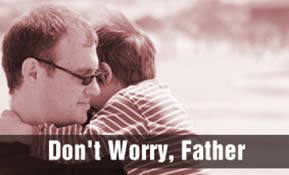


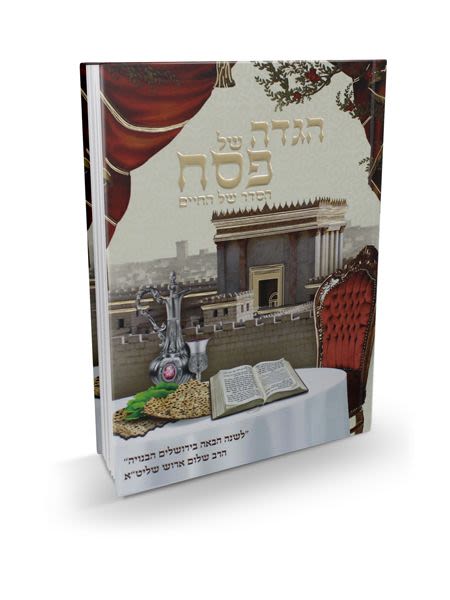

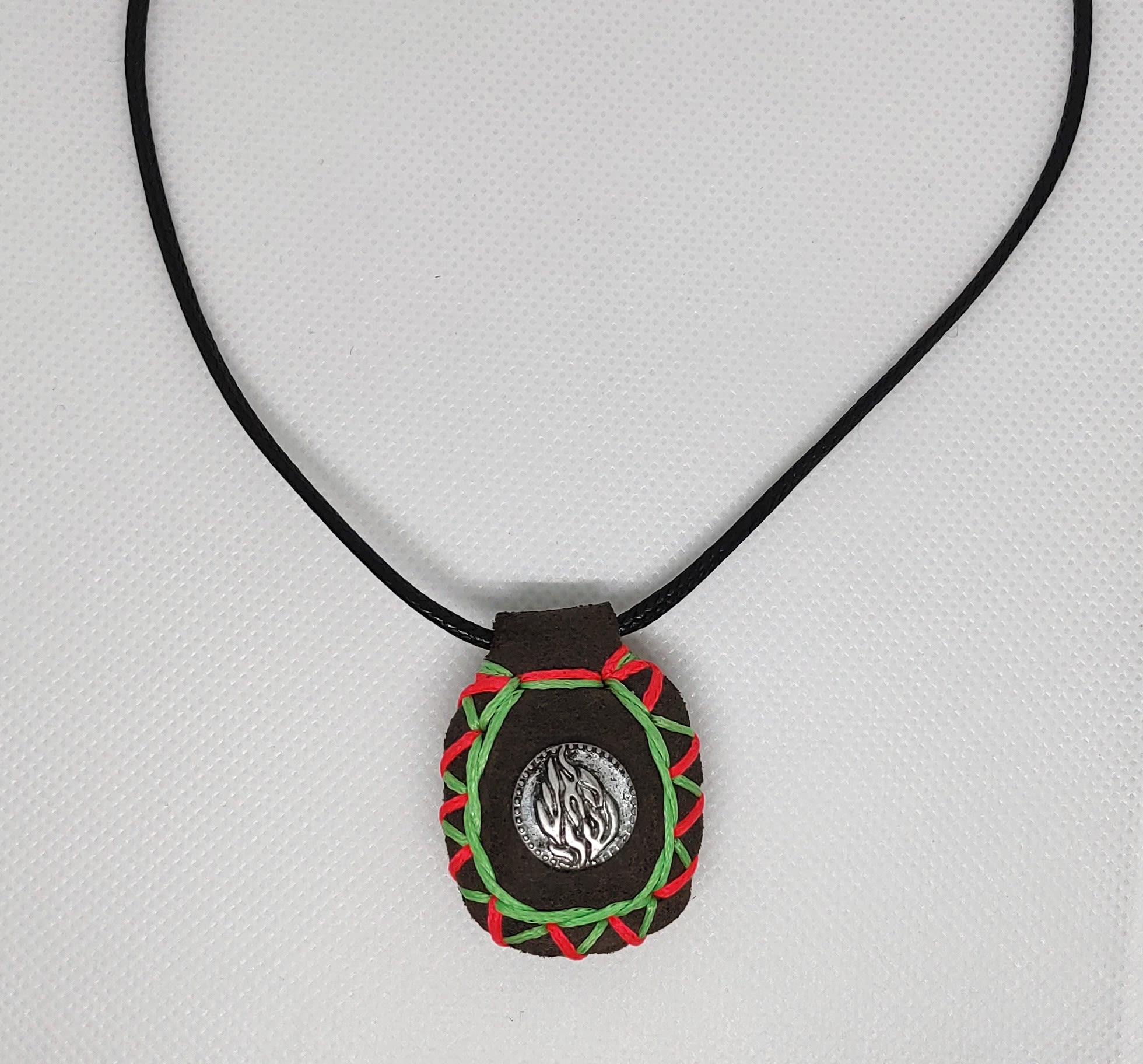
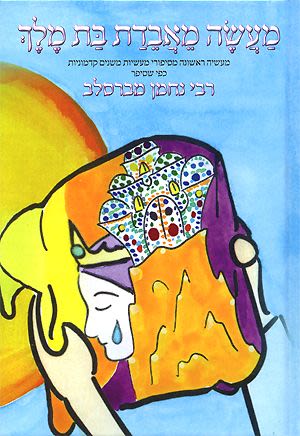

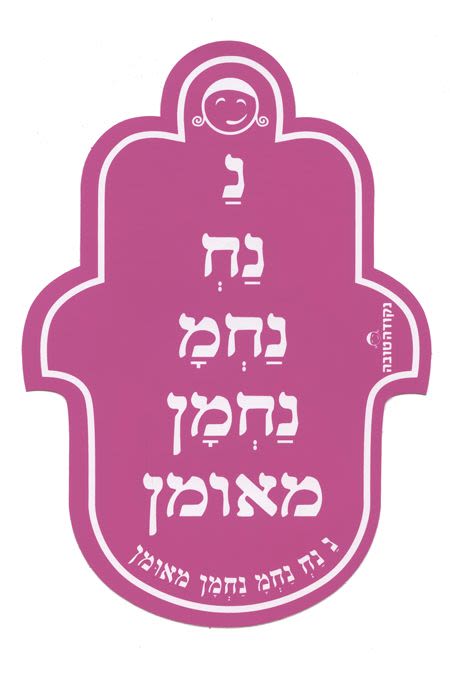
Tell us what you think!
Thank you for your comment!
It will be published after approval by the Editor.